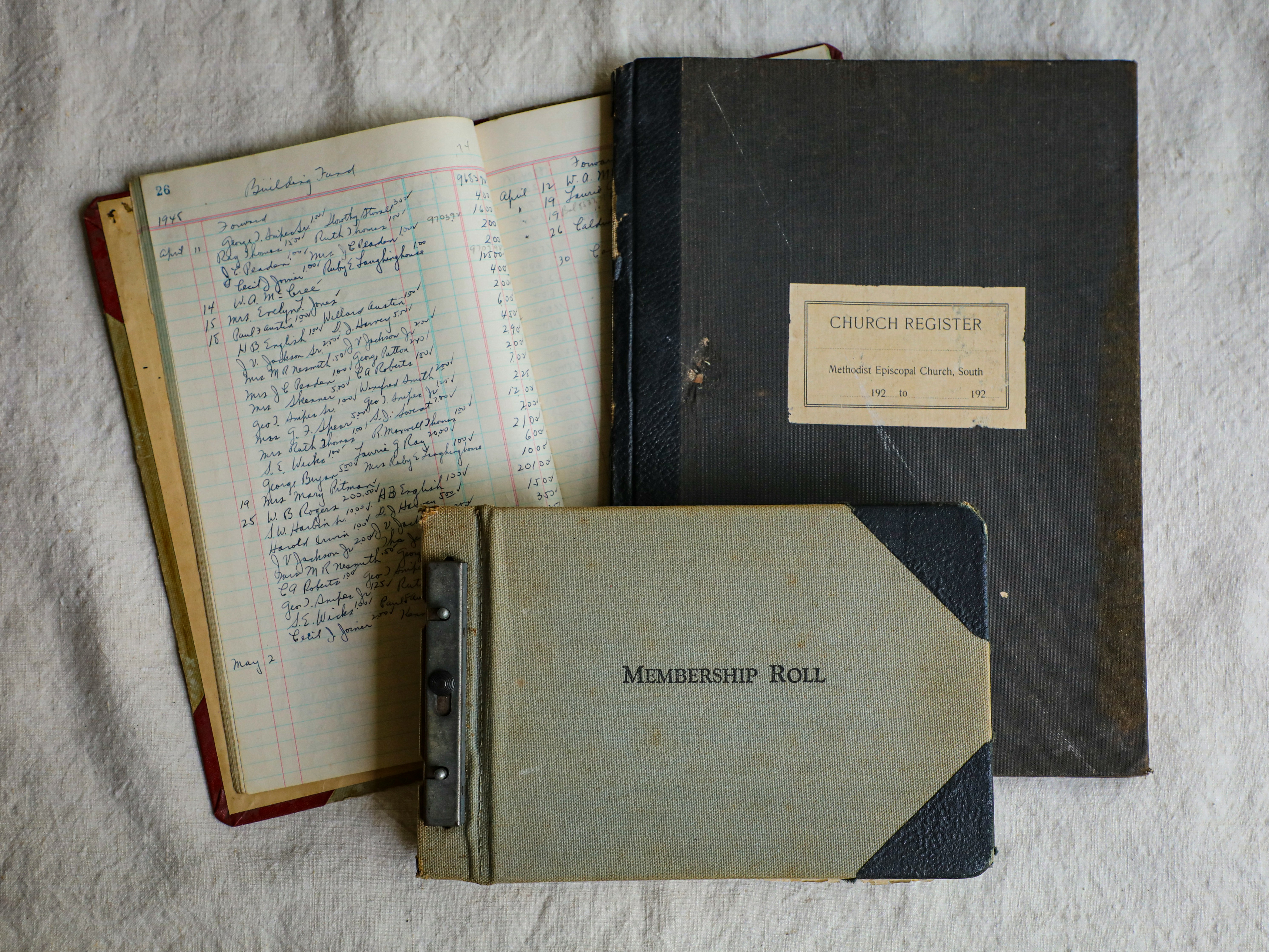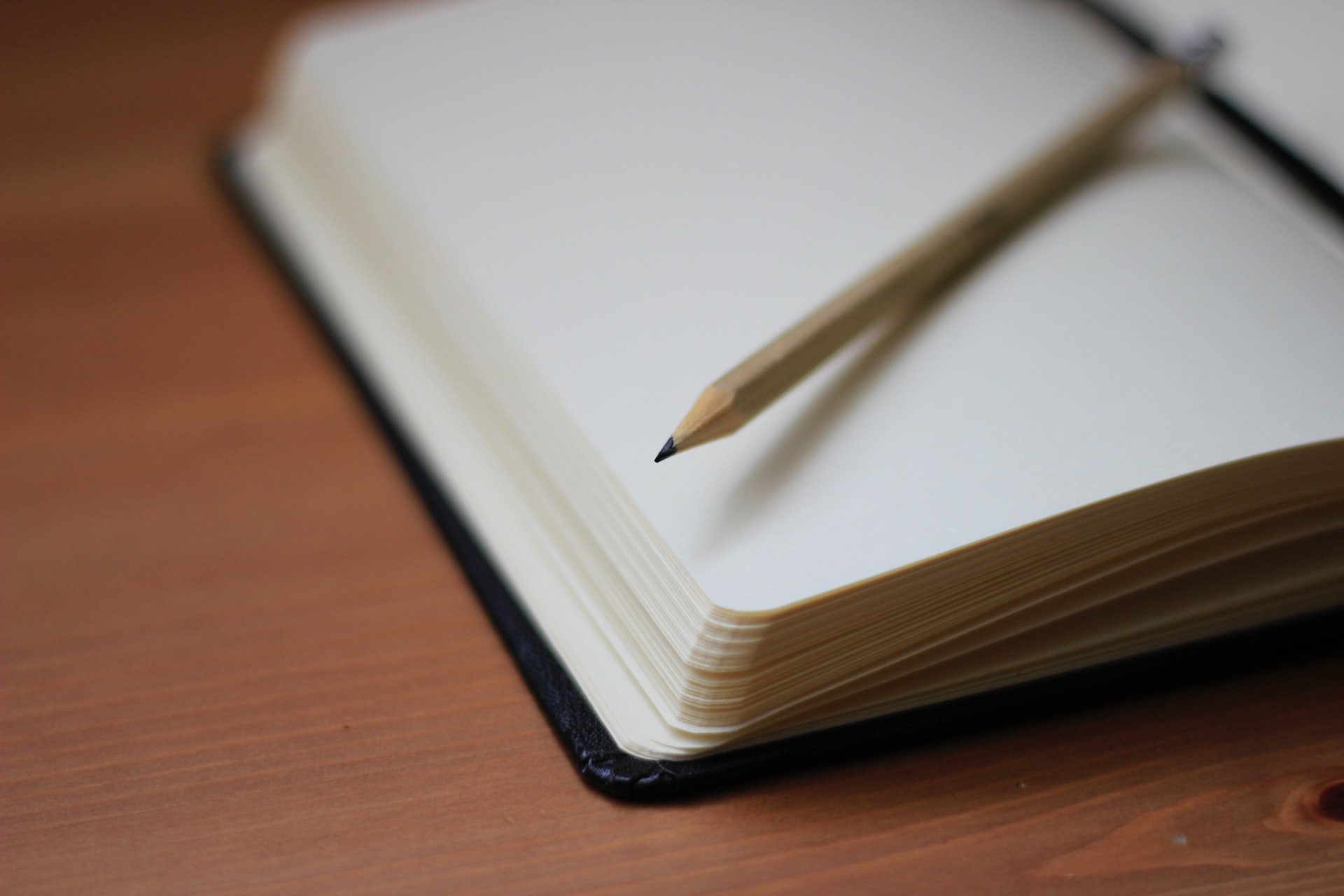Does the Catholic Church Keep Records of Confirmation?
The short answer is yes: the Catholic Church does keep records of confirmation, for a variety of reasons. Read on to find out why.
Sacraments in the Catholic Church

When young people go through confirmation, they receive an envelope containing their confirmation certificates. These are for them and their families to take home as both a keepsake, and a personal record of the confirmation. Much like with other sacraments, these are events that families would like to have a reminder of, to appreciate how special the occasion was.
At baptism, families are similarly provided with a baptismal certificate and the baptismal candle to remember the sacrament and its meaning. Baptism is the also the first sacrament an individual makes in the Catholic Church and, usually, takes place soon after birth. Baptism provides an opportunity for family and friends to gather as the parents of the newborn commit to raising the child in the traditions of the Catholic Church and the teachings of the Holy Bible. The church also recognizes baptisms from other Christian faiths. If an individual is baptized in a different church and converts to Catholicism, they do not need to be baptized again.
When making their First Communion, families will also receive an envelope, this time containing the First Communion certificates. Families often make a banner that is hung in the church on the day of the First Communion. The banner is intended to be a family project that includes their name, and representations of the bread and wine that makes up the Holy Communion. First Communion is when children are welcomed to fully participate during the mass by accepting communion for the first time. In celebration, children often receive prayer books, rosaries, candles, crucifixes, or a holy card as gifts.
Confirmation usually occurs when the young person is in junior or high school, depending on the parish they belong too. It is up to each parish to decide when they will start preparations for confirmation. Again, while it varies, preparing for confirmation can involve up to two years of faith formation classes. The Diocese Bishop usually conducts Confirmation. However, during the COVID Pandemic, many dioceses have allowed parish priests to perform the confirmations instead.
Church records

While the confirmation certificate is for the families, individual churches do keep records of the sacraments performed. That means they will have a record of every individual who was baptized, received the First Communion, and who was confirmed, as well as records of marriages and burials within the church. If you need a record of your sacraments, you need to contact the church from which you received them. If that church is no longer in existence, you can contact your diocese to see where the sacrament records for that parish were sent.
Often, when preparing for a new sacrament, the parish you are at will want a record of your previous sacraments. Keeping all of your certificates together in the same envelope will make that an easy thing to provide. However, if any of these have been lost, you can contact the parish for help. If you are being confirmed at the same parish where you were baptized, you generally don’t have to worry about any verification processes, because they will already have it on file.
If you get married in the church, you will also receive a marriage certificate. The certificate is not the same as your marriage license, and depending on what state you reside in, it may or may not be considered to be a legal document. The marriage certificate will be signed by the priest that officiated the wedding, and priests are allowed by the state to officiate legal marriages. So, regardless of the certificate, if you are married in a Catholic Church by a Catholic priest, the marriage is legal and binding.
If, for any reason, your marriage ends, and you want to get an annulment, you do not need to go through the same parish where you were married. You will only need to verify where and when you got married, hopefully with a copy of your marriage certificate. However, if you lost it, you can contact the church where you were married for the needed paperwork.
